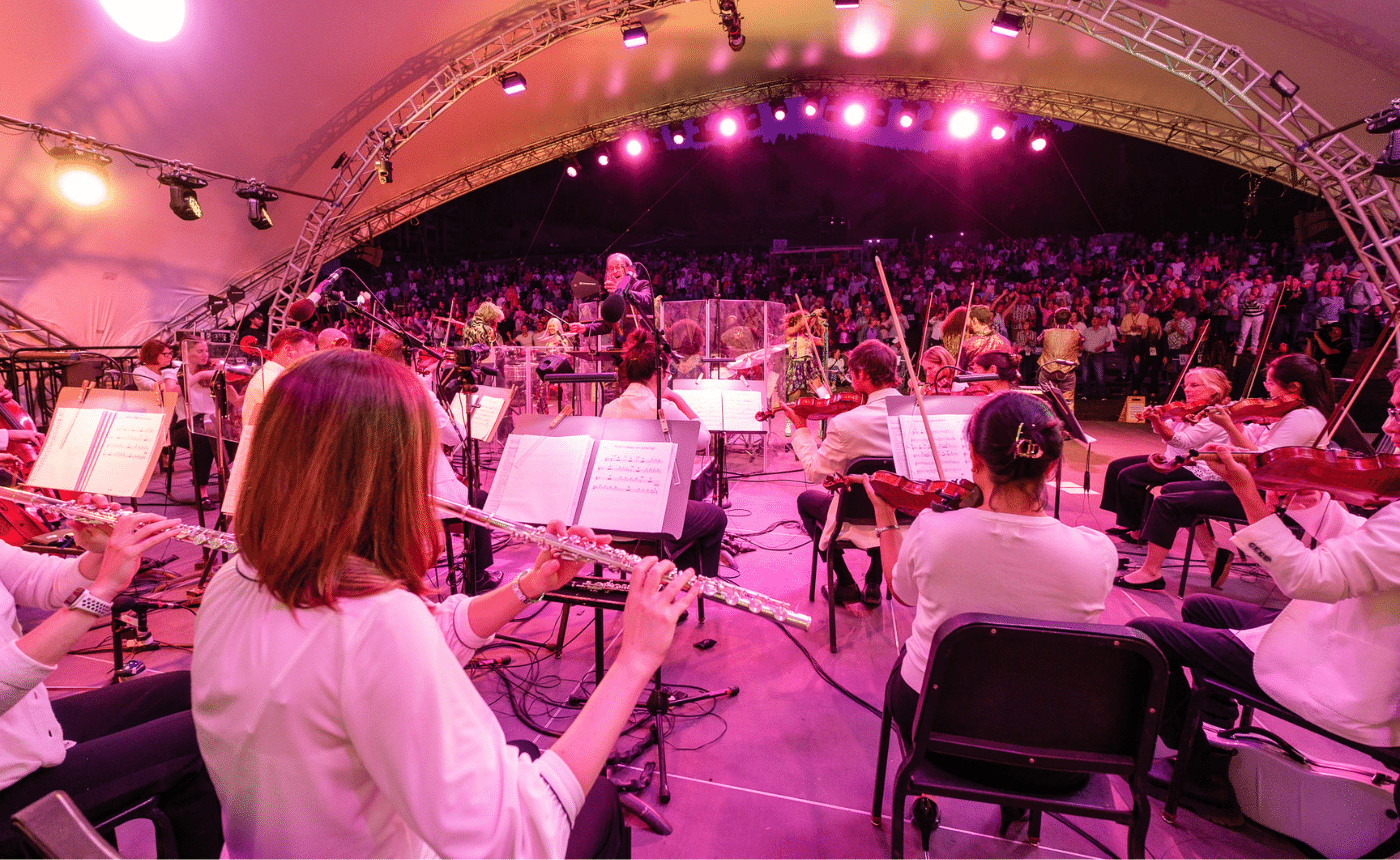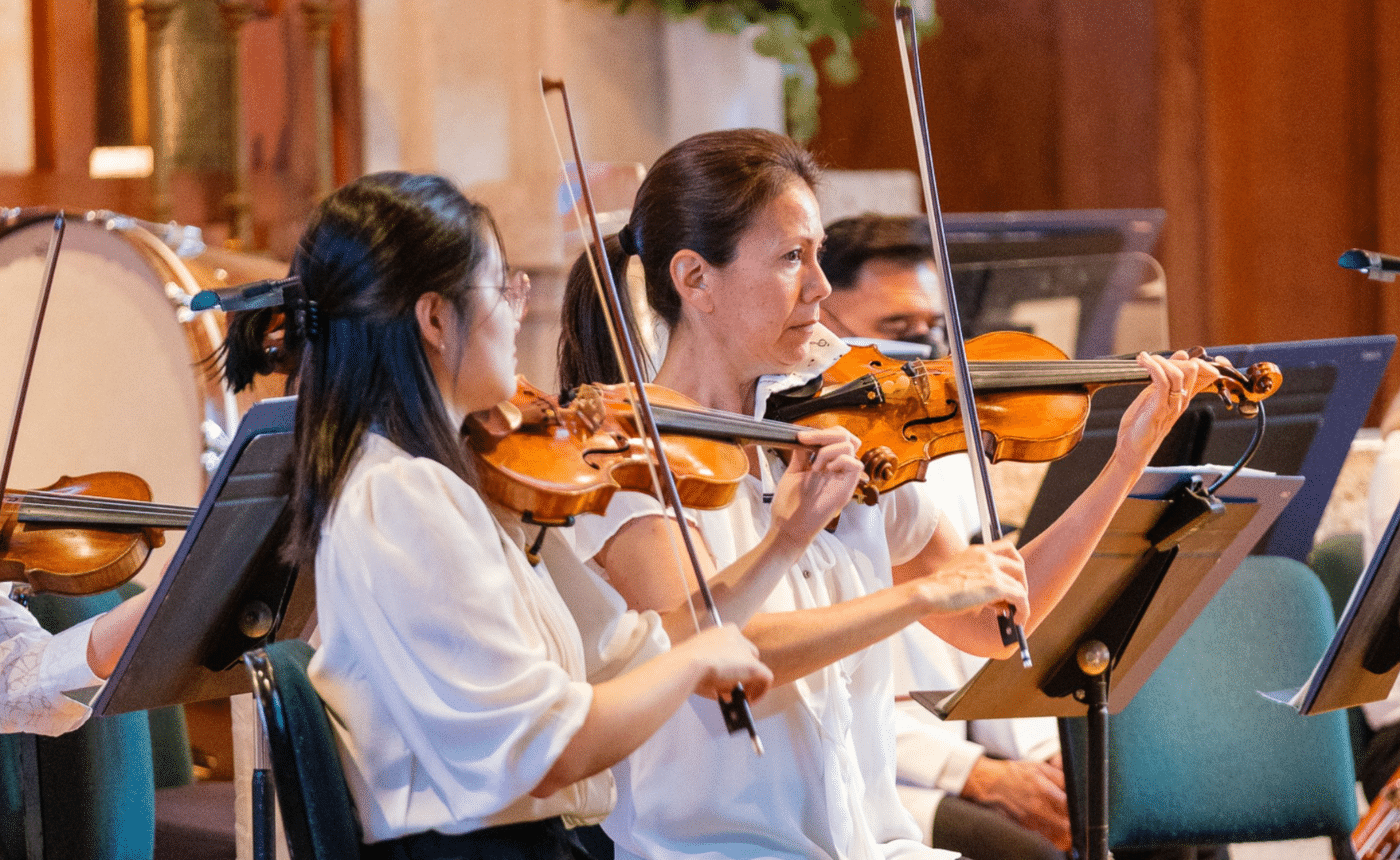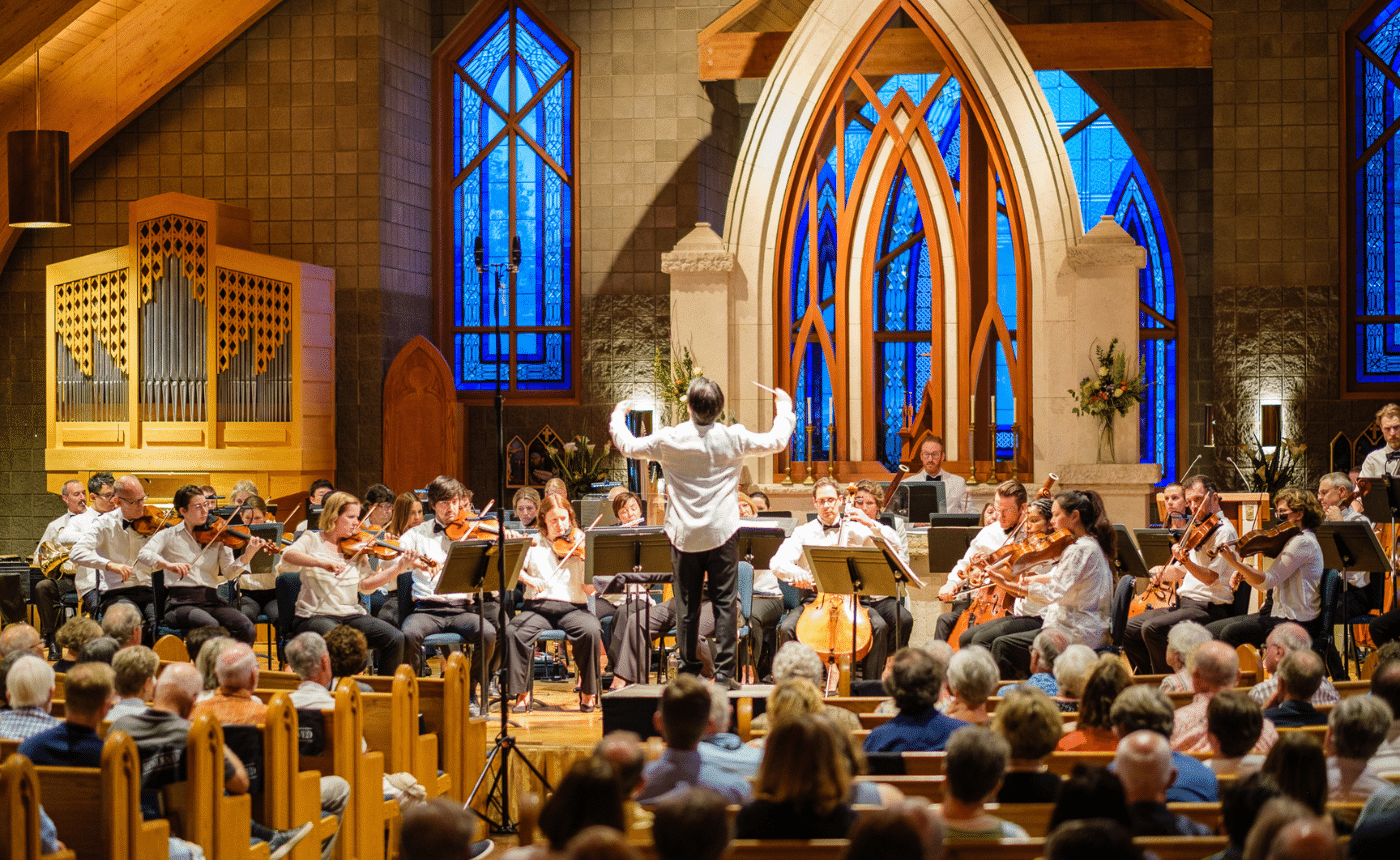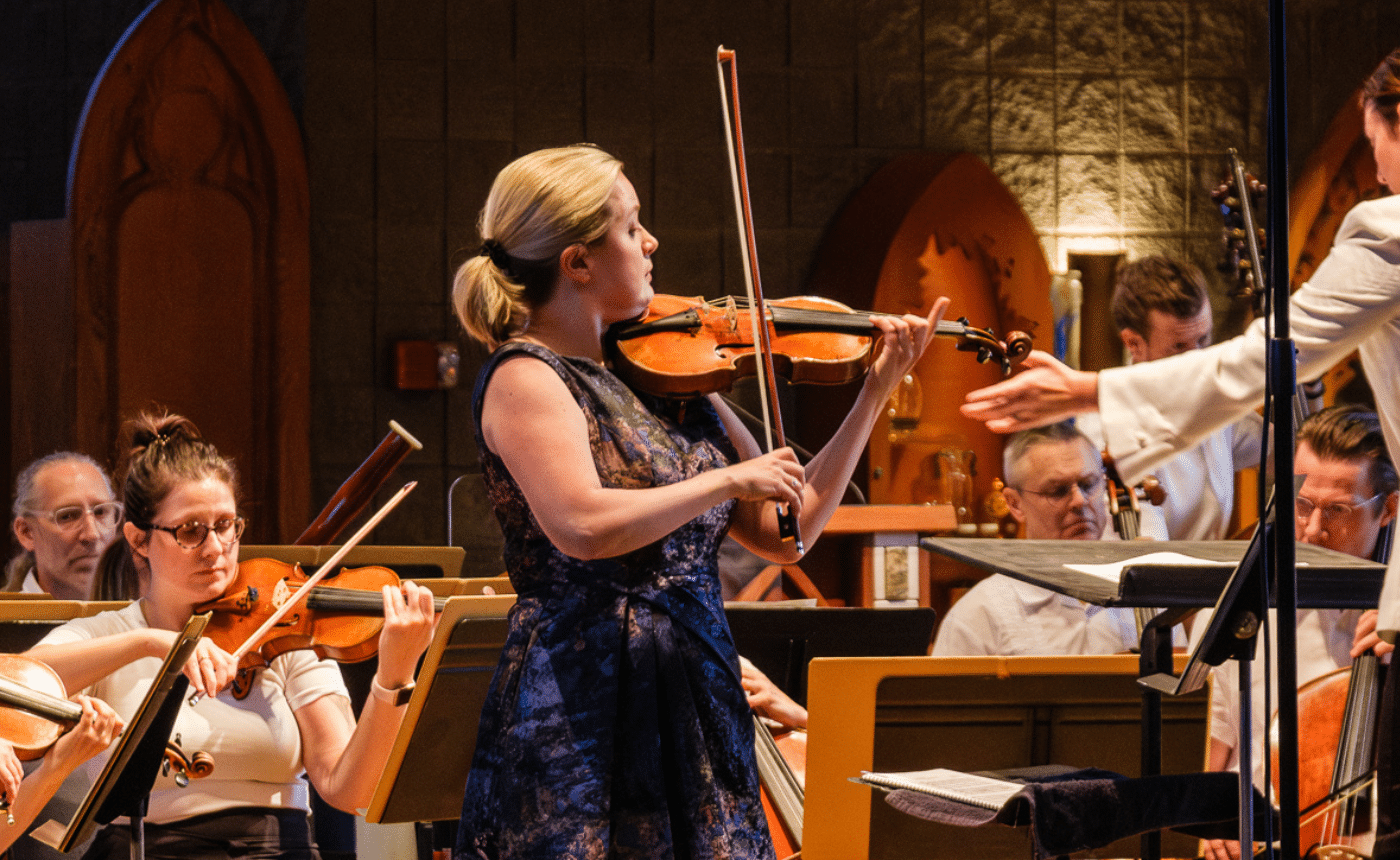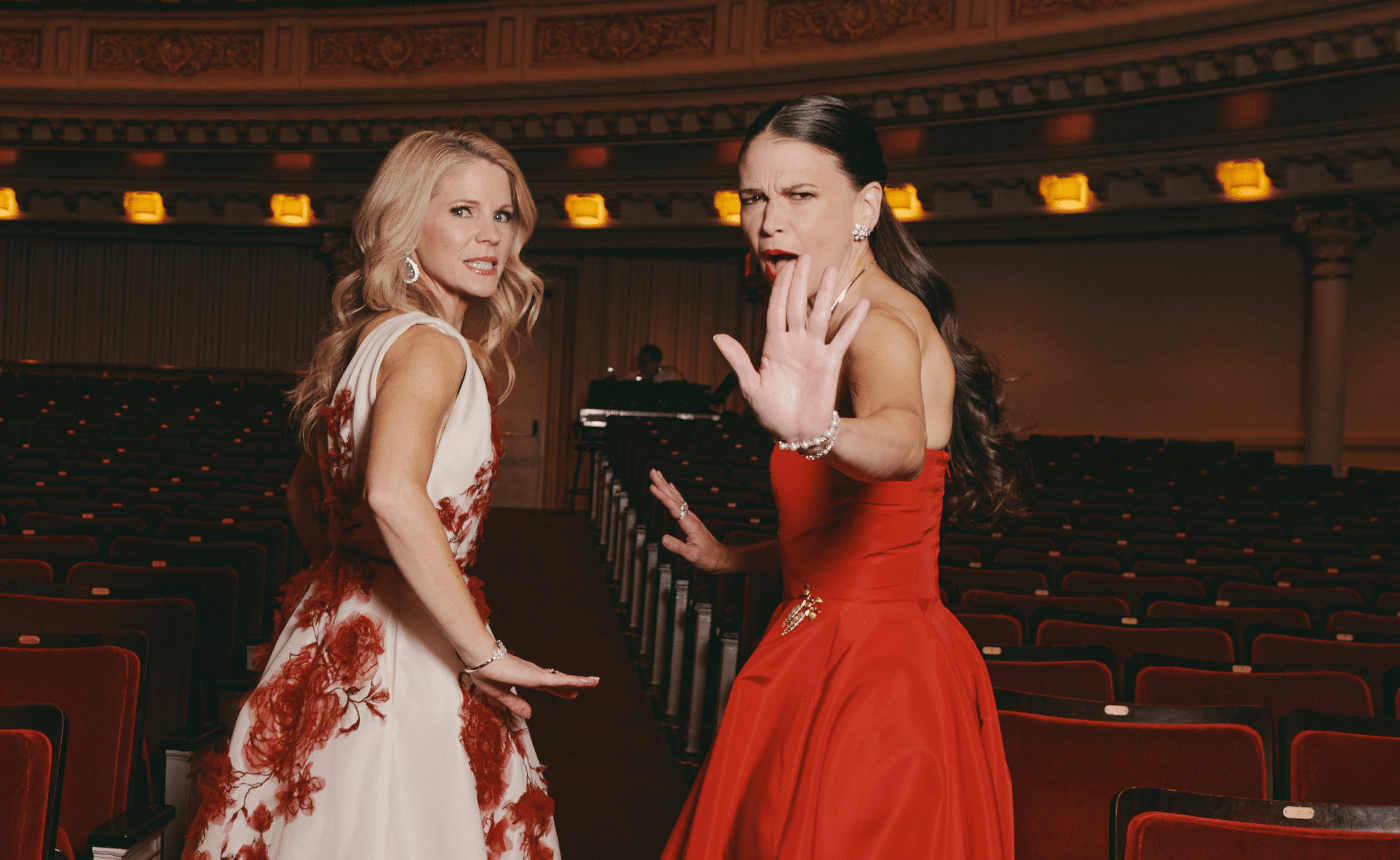BEETHOVEN: Egmont Overture
by Jeff Counts
Duration: 9 minutes
THE COMPOSER – LUDWIG VAN BEETHOVEN (1770-1827) – With Vienna under French occupation during much of 1809, Beethoven was forced into an uncomfortable seclusion. Though he chose to stay behind, many of the city’s elite had fled, including the court. Among them was Beethoven’s patron, friend and student Archduke Rudolf. The composer wrote most of the 5th Piano Concerto during his time alone and dedicated it to his absent compatriot. One interesting facet of the momentary French rule was the loosening of certain censorship laws, which gave several previously banned plays a new life in the city.

Ludwig van Beethoven
THE HISTORY – Near the end of that troubling year, Beethoven received a commission to write incidental music for a theatre production of Egmont, one of the plays reinstated by the occupiers. This must have come as a refreshing diversion from the composer’s sadness and solitude. Not only did the opportunity provide a chance to deeply connect with the words of his most favored writer Goethe, the subject of the drama was also particularly poignant for Beethoven. In the play, Count Egmont is a Dutch resistance fighter bent on the liberation of his country from Spanish occupation. He dies heroically after making his stand in a moment that Goethe believed worthy of a “symphony of victory.” It is impossible not to draw a parallel between the character of the Duke of Alva and the real-life “Emperor” of France. Beethoven had long since lost his admiration for Napoleon and the bombardment of Vienna, though quite mild in comparison to what happened in Spain, would certainly have confirmed his worst fears about the man. Goethe’s play, and the honor of providing it with some suitably powerful incidental music, was perfect medicine for the composer after such dark, lonely months. The score of Egmont was completed in 1810 and performed in its entirety that June. Only the overture still receives frequent performance attention as a stand-alone concert piece. Had Beethoven chosen to create a follow-up to Fidelio, one wonders what kind of opera might have grown out of the apparent increase in theatrical maturity on display in Egmont. The overture is a wonderfully intricate microcosm, one that successfully samples all the coming drama of the story.
THE WORLD – Elsewhere in 1810, Argentina began a chain-reaction in South America by claiming independence from Spain, the first Oktoberfest was held in Bavaria and Lord Byron made his famous swim across the Hellespont in Turkey.
THE CONNECTION – The Egmont Overture is programmed fairly often by the Utah Symphony but has not appeared on the Masterworks Series since October 2015. Thierry Fischer conducted.




